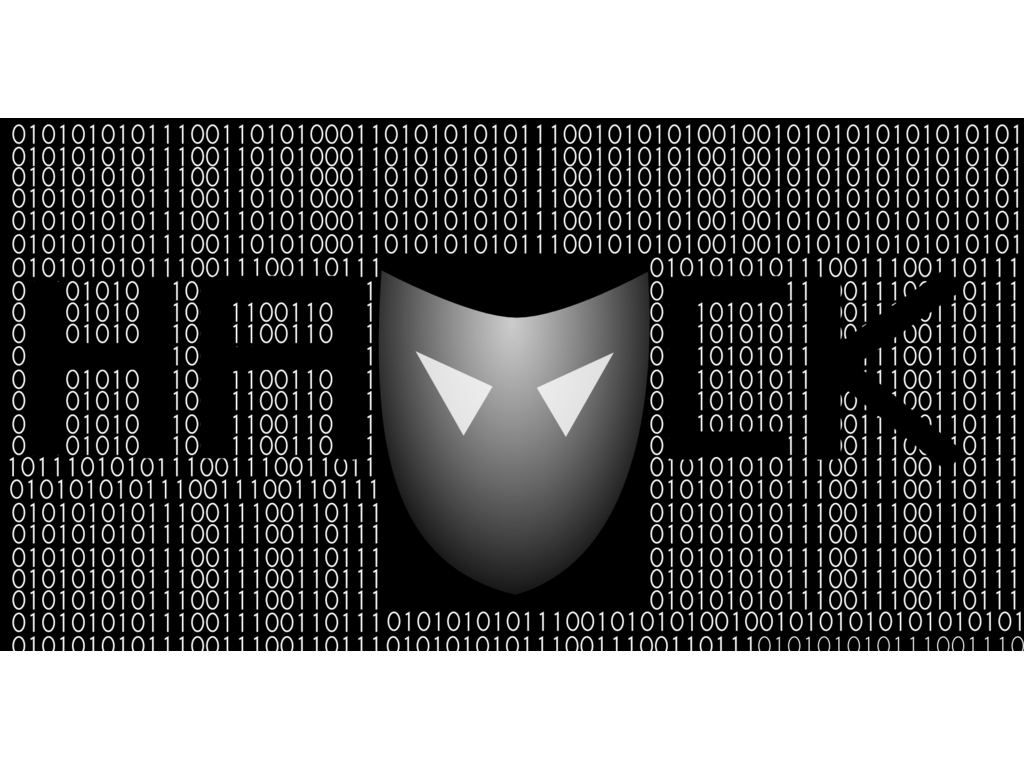One of the largest cryptocurrency exchange sites in Japan, Coincheck, recently announced that approximately $534 million worth of crypto coins were illicitly sent to an undisclosed wallet address. The crypto token that was lost is NEM (XEM), a top ten coin in terms of market cap. The loss is troublesome to a country that is still getting over the Mt. Gox collapse from four years ago.
Coincheck spent hours assessing the situation and finally addressed the media at the Tokyo Stock Exchange in a late night press meeting. At the time of the conference, the company still didn’t know exactly how the tokens went missing. The Financial Services Agency of Japan came out with the following statement, "We are looking into the facts surrounding Coincheck." Even more disturbing is that Coincheck doesn’t believe they will be able to retrieve the lost coins.
This loss is arguably the biggest to hit the crypto community since its inception back in 2009 with the launch of Bitcoin. What makes this potential theft so demoralizing is how untouchable crypto is supposed to be from these kinds of thefts. One of the primary calling cards of a crypto token is that it’s virtually unable to be stolen, unlike traditional fiat currency.
The news brought the market cap of NEM down considerably, as it feel from $1.02 to $0.76 in a matter of hours, a drop of 25%.
Coincheck is all but shut down
Coincheck also announced earlier that, due to the fiasco, all transactions and trading had been halted, especially for the NEM token, XEM. Only bitcoin (BTC) can still be traded on the site. This is a major blow to a company that claims to be the leading bitcoin exchange in Asia.
Cryptocurrency expert, Yvonne Zhang, who was on a panel regarding the future of cryptocurrencies, warned the crypto community, “The ‘investors’ that did not do due diligence and take time to understand what they’re trading in, both venue and subject matter, face un-hedgeable risks. If they continue to ‘trade’ the same way knowing the murky nature of this market, they’re gambling.”
Due to the Mt. Gox exchange collapse, Japan, one of the largest cryptocurrency markets, initiated a licensing system. The goal was to increase the watch over the crypto community, hoping to avoid another Mt. Gox collapse.
Coincheck was registered with the agency as an exchange site, but had yet to receive an official license. While they wait for a decision from the FSA, they are still able to continue to operate. However, with everything that has transpired, Coincheck has elected to allow only bitcoin trading and has ceased all other cryptocurrency trading, as well as any withdrawals.
The hack isn’t due to NEM, but to Coincheck’s security issues. Lon Wong, president of the NEM.io foundation said to the Wall Street Journal, “It’s unfortunate that Coincheck got hacked, and this is the biggest exchange theft in the history of the world. But this is not a problem of NEM itself.”
Coincheck spent hours assessing the situation and finally addressed the media at the Tokyo Stock Exchange in a late night press meeting. At the time of the conference, the company still didn’t know exactly how the tokens went missing. The Financial Services Agency of Japan came out with the following statement, "We are looking into the facts surrounding Coincheck." Even more disturbing is that Coincheck doesn’t believe they will be able to retrieve the lost coins.
This loss is arguably the biggest to hit the crypto community since its inception back in 2009 with the launch of Bitcoin. What makes this potential theft so demoralizing is how untouchable crypto is supposed to be from these kinds of thefts. One of the primary calling cards of a crypto token is that it’s virtually unable to be stolen, unlike traditional fiat currency.
The news brought the market cap of NEM down considerably, as it feel from $1.02 to $0.76 in a matter of hours, a drop of 25%.
Coincheck is all but shut down
Coincheck also announced earlier that, due to the fiasco, all transactions and trading had been halted, especially for the NEM token, XEM. Only bitcoin (BTC) can still be traded on the site. This is a major blow to a company that claims to be the leading bitcoin exchange in Asia.
Cryptocurrency expert, Yvonne Zhang, who was on a panel regarding the future of cryptocurrencies, warned the crypto community, “The ‘investors’ that did not do due diligence and take time to understand what they’re trading in, both venue and subject matter, face un-hedgeable risks. If they continue to ‘trade’ the same way knowing the murky nature of this market, they’re gambling.”
Due to the Mt. Gox exchange collapse, Japan, one of the largest cryptocurrency markets, initiated a licensing system. The goal was to increase the watch over the crypto community, hoping to avoid another Mt. Gox collapse.
Coincheck was registered with the agency as an exchange site, but had yet to receive an official license. While they wait for a decision from the FSA, they are still able to continue to operate. However, with everything that has transpired, Coincheck has elected to allow only bitcoin trading and has ceased all other cryptocurrency trading, as well as any withdrawals.
The hack isn’t due to NEM, but to Coincheck’s security issues. Lon Wong, president of the NEM.io foundation said to the Wall Street Journal, “It’s unfortunate that Coincheck got hacked, and this is the biggest exchange theft in the history of the world. But this is not a problem of NEM itself.”

